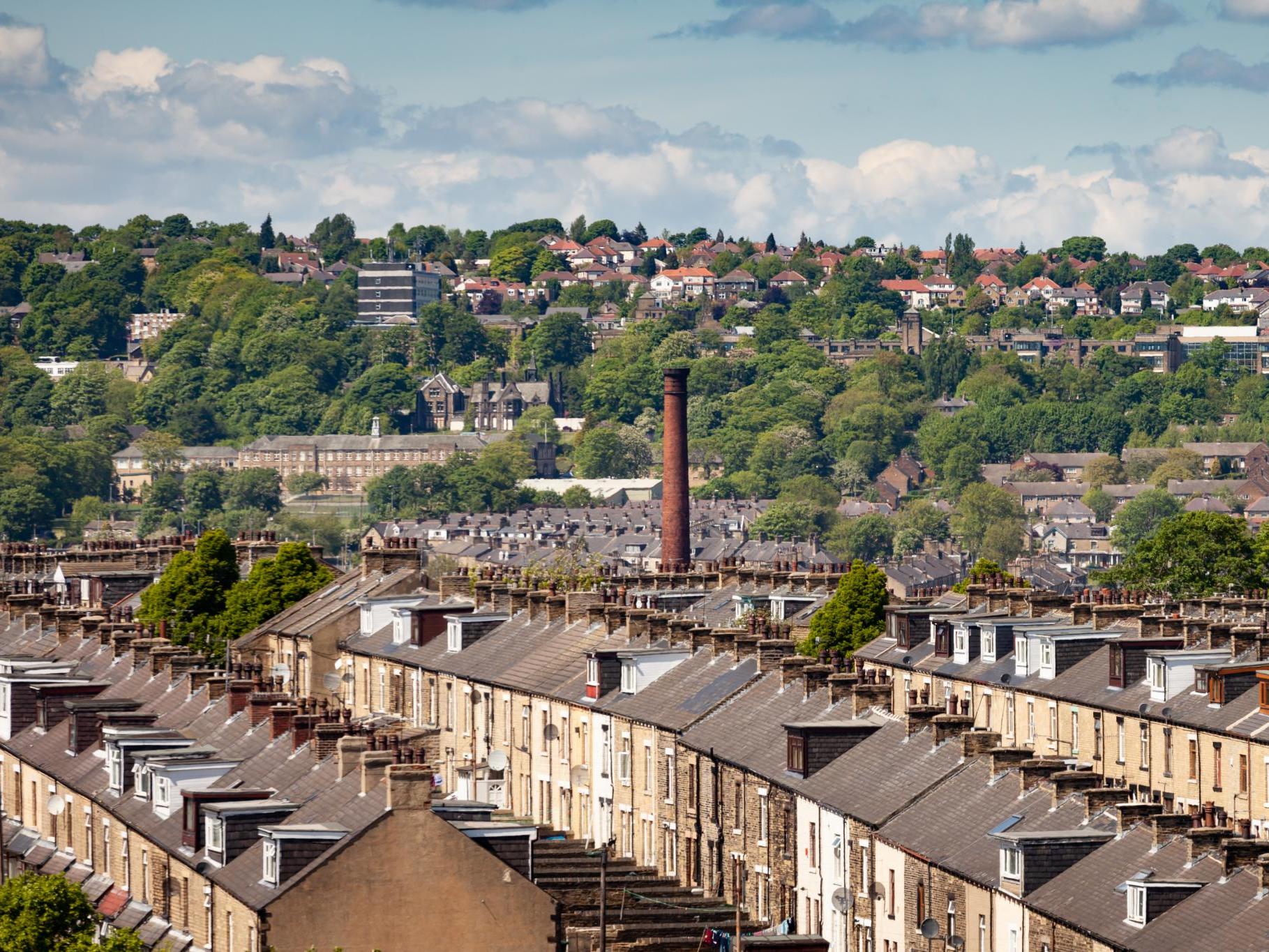The government’s levelling up agenda is a short-term gimmick – real change requires at least 50 years
I remain optimistic that answers will be found. But politicians need to focus their efforts on thinking about the long run, writes Jagjit Chadha


Here is a little cultural quiz. Which UK city was mentioned in TS Eliot’s “The Waste Land” as having silk-hatted millionaires? Was the birthplace of Frederick Delius, born of wealthy German immigrant stock? To help, these references are lodged in that period when British influence in the world was at a peak. To help you further, this city is now regularly placed as one of the worst places to live in the UK.
Once hailed as one of the richest in the world, that city is Bradford. And its fall in relative economic strength is closely linked to its decline in cultural esteem. But its long relative decline is precisely not the result of one event or policy error, but a tragedy played out against world events mired in a lack of appropriate planning and sustained policy responses that have acted to undermine its rank.
The long, relative decline of the northern cities such as Bradford reflects our failure to have dealt with the big economic issues of our time. The structural reforms of the 1980s involved de-industrialisation, privatisations and labour market reforms that should have left the economy able to respond well with the subsequent period of intense international competition wrought by globalisation. But the increasing focus on the provision of international financial services left the economy vulnerable to the excesses revealed by the global financial crisis and further centralised economic and political power in London.
The failure to invest in infrastructure, transport, further education, re-training, domestic finance and high-speed broadbrand provision reflects as much as anything a failure to confront the long-run challenges. The rapid growth in incomes and living standards in the rest of the world mean that incomes have on average doubled in the past quarter of a century, taking a huge fraction of people out of poverty across the globe.
Anaemic rapid growth here, particularly since the financial crisis, has meant that Britons’ living standards have barely improved on average over the past decade, which has led to a deep frustration with economic outcomes. What was anticipated from globalisation has simply not been delivered. Our paltry economic growth has absorbed more workers into the labour force rather than giving existing workers a higher standard of living. While working harder is better than not working at all, it is not as good as working smarter.
The government’s levelling up agenda is essentially an economic objective, but it will only succeed if it goes broader to encompass cultural and social objectives as well.
It is important to understand that income does not necessarily buy happiness. According to official statistics, wealthy London boroughs such as Lambeth, Hackney, Islington and Camden persistently have had some of the lowest personal wellbeing ratings since the ONS began measuring it in 2012, while some of the highest ratings have been in poorer Northern Ireland.
This mismatch reflects different levels of pollution, crime, work-life balance and the stresses of commuting. This suggests that simply aiming to improve economic outcomes in poorer regions is not necessarily a well-targeted policy when there is also significant need in apparently better-off places.
Our current economic doldrums require a strong and sustained burst of energy to re-ignite the flames of regional economic growth. This was the message of the report published last week by the UK2070 Commission, of which I am a member. And even though sustained government investment can have an effect, it will be over the self-same long run. The so-called multiplier effect – the extent to which overall activity increases by more than the increase in government spending – will depend on promoting that sense of local identity, pride and confidence that means these areas will attract good jobs and employers to build up local identity and esteem. Confidence will emerge from a sustained push but also an honest dialogue that speaks to the long run and the time it will take to level up from having levelled down over the past half century.
There is hope. In Bradford itself, steps began with the city’s own 2020 project to support entrepreneurship, and there have been significant attempts to encourage education attainment that supports future life outcomes. I remain optimistic that answers will be found. But politicians need to focus their efforts on thinking about the long run, by which I mean decades, and to ignore the next by-election result.
Jagjit Chadha is the director of the National Institute of Economic and Social Research
Join our commenting forum
Join thought-provoking conversations, follow other Independent readers and see their replies
Comments